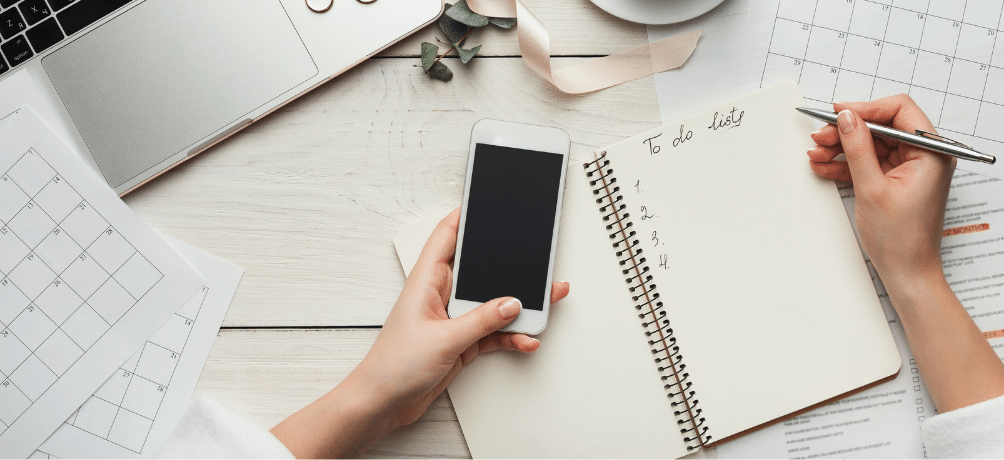What to Do When Your High School Student Won’t Use a Planner
By Huntington Learning Center
What to Do When Your High School Student Won’t Use a Planner
Some students embrace the day planner, utilizing them to record assignments, upcoming deadlines and test dates, and entire social schedules. However, not all students get excited about using a planner. Those with Attention Deficit Hyperactivity Disorder (ADHD) are especially likely to abandon their planners within weeks of the start of the school year.
What can you do to convince them to embrace the planner? Here are some helpful tips:
Explain the importance.
We’ll cut to the chase: the planner is a very useful tool, especially for students who are naturally disorganized or distracted. If your student is resistant, explain why it’s useful. Talk about how it will help them avoid losing track of deadlines and forgetting about tests (especially if that has been a problem in the past). Share that a planner can help them avoid the stress that comes with overlooking important things and scrambling at the last minute. Discuss the benefits like peace of mind, increasing the likelihood of achieving goals, and gaining more free time.
Try a planner app.
Most high school students use their smartphones all day, every day, so a planner app might be more convenient and natural for them to use successfully. There are many different options in their smartphone’s app store, and their guidance counselor or teachers might suggest certain planner apps.
Start with something smaller.
If your speech about the planner’s value falls flat, don’t give up. Try something slightly less intimidating, like a small, blank notebook. At the end of each class period, have your student date each page and record each class with a short note that includes 1) what they did, 2) if they have any homework, and 3) what that homework is. Something more free-form like this might fit your student’s style better. As the school year gets underway, ask to see this notebook each night to make sure your student is actually using it.
Hang a whiteboard or paper calendar by their desk.
For some students, out of sight is out of mind – and a planner can easily end up at the bottom of the backpack. A calendar that hangs where your student studies each night is worth a try. On Sunday nights, have your student write any important reminders (such as quizzes or assignment due dates), just as they would in a planner.
Try checklists.
At a minimum, try to get your student to use to-do lists or a task app that will give them pop-up or text reminders. A running checklist for each subject is better than nothing, and it will help your student stay apprised of what is upcoming in each class, what is due right away, and what is on the horizon. Best-case scenario, this approach will get your student accustomed to the idea of a planner.
Using a planner is the best way for your student to build those executive functioning skills and stay on top of everything they have to do. They’re excellent tools that are essential for high school students because they put dates to everything and help your student visualize their lives and responsibilities one day or week at a time.
However, if your student resists, all hope is not lost. Get creative with calendars, checklists, whiteboards, and other simple tools that can help them organize their time and minimize chaos. This will help them experience the benefits of a good organizational system and hopefully make them more likely to adopt a planner going forward.
If your ADHD student is having trouble with planners or time management in general, read Dr. Mary Rooney’s blog on time management strategies that work. Mary Rooney, Ph.D., is a licensed, board-certified clinical psychologist. Dr. Rooney currently serves at the National Institute of Mental Health (NIMH), the largest scientific organization in the world dedicated to research focused on the understanding, treatment, and prevention of mental disorders and the promotion of mental health.

